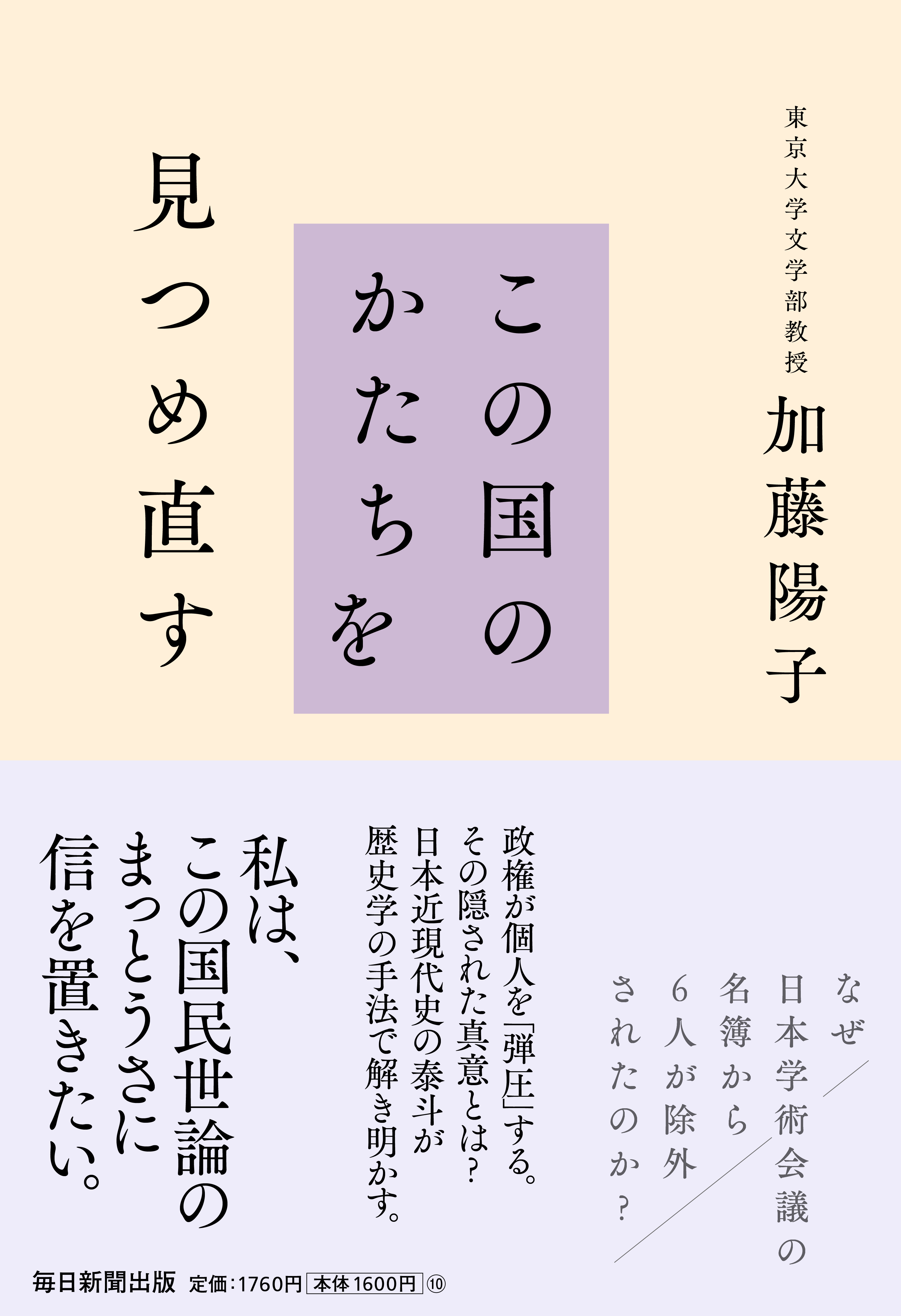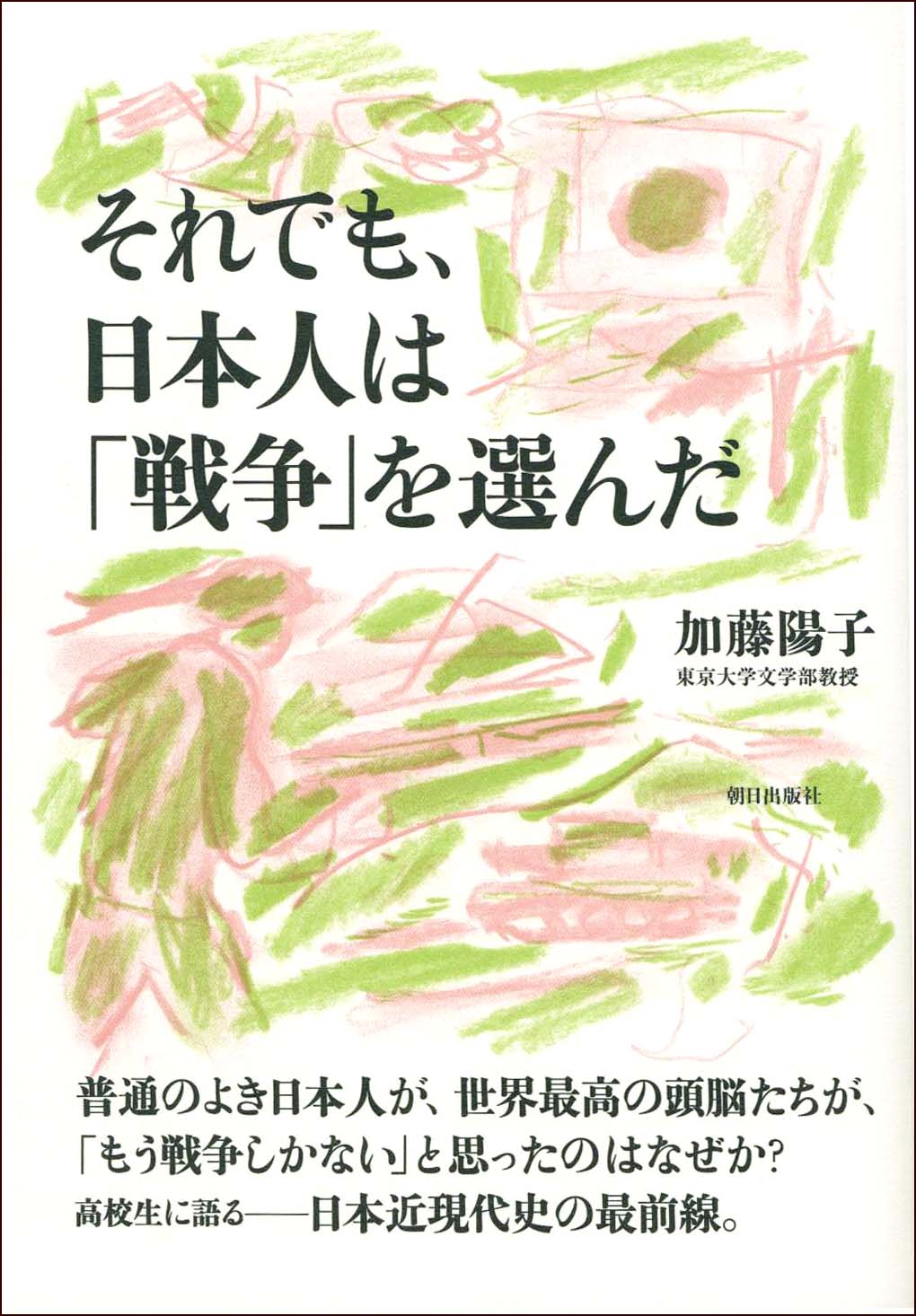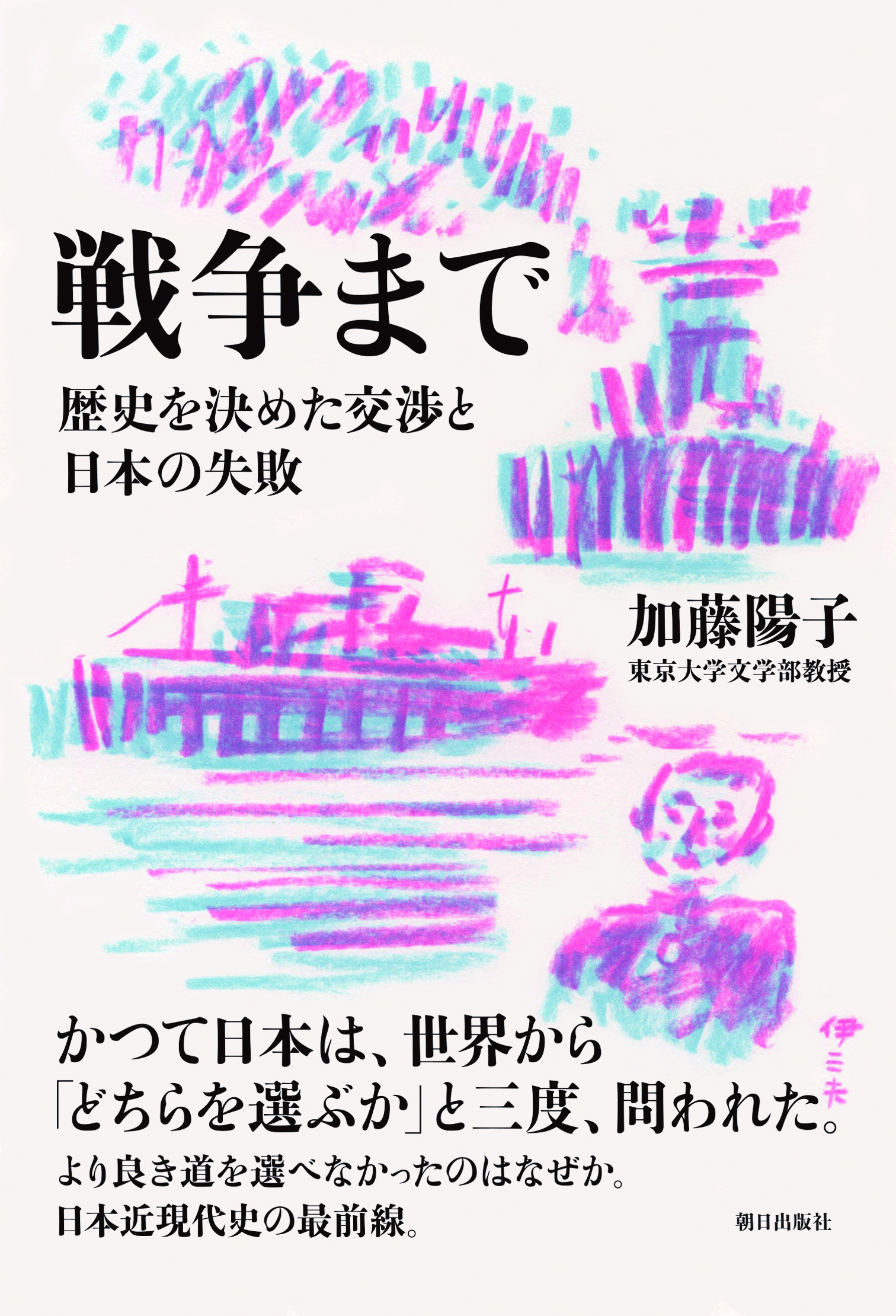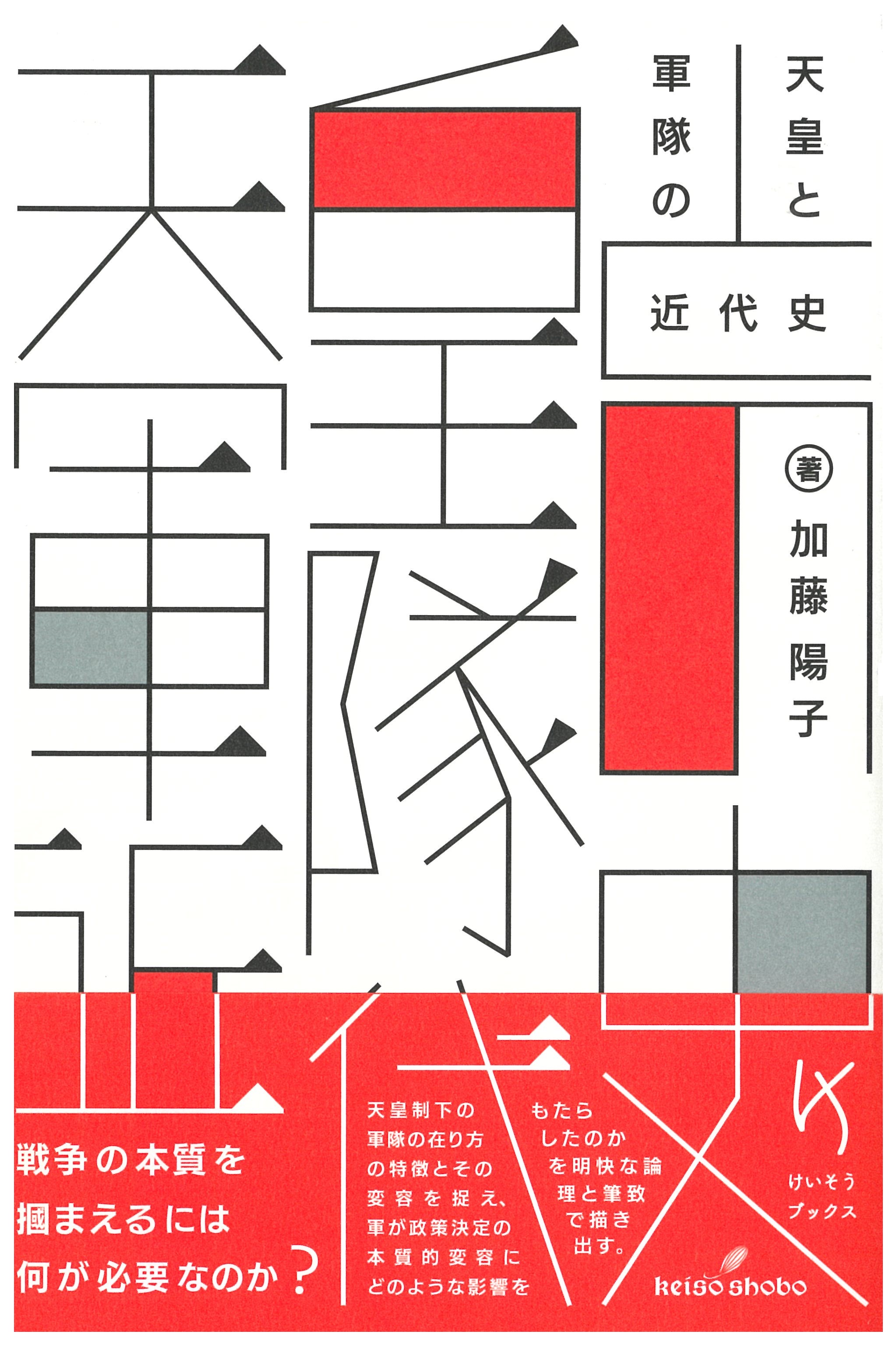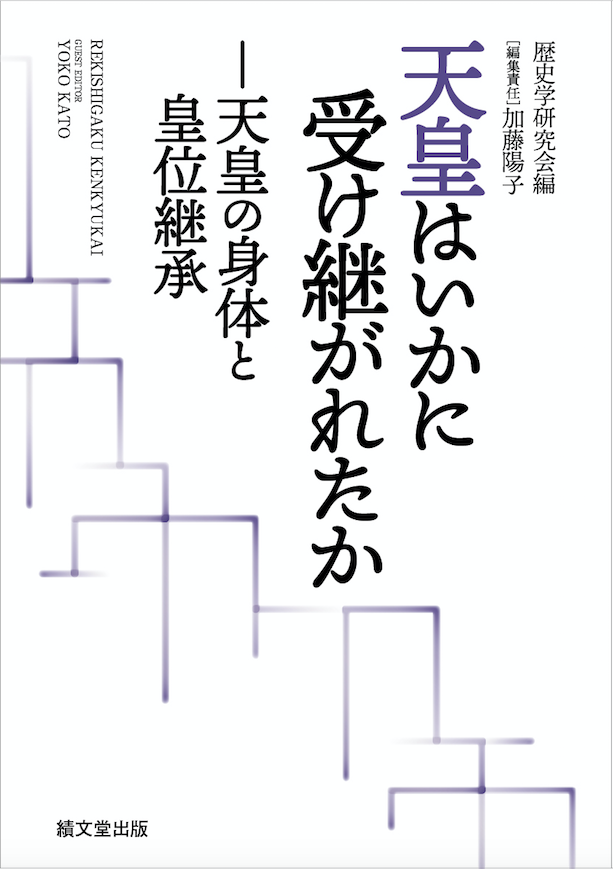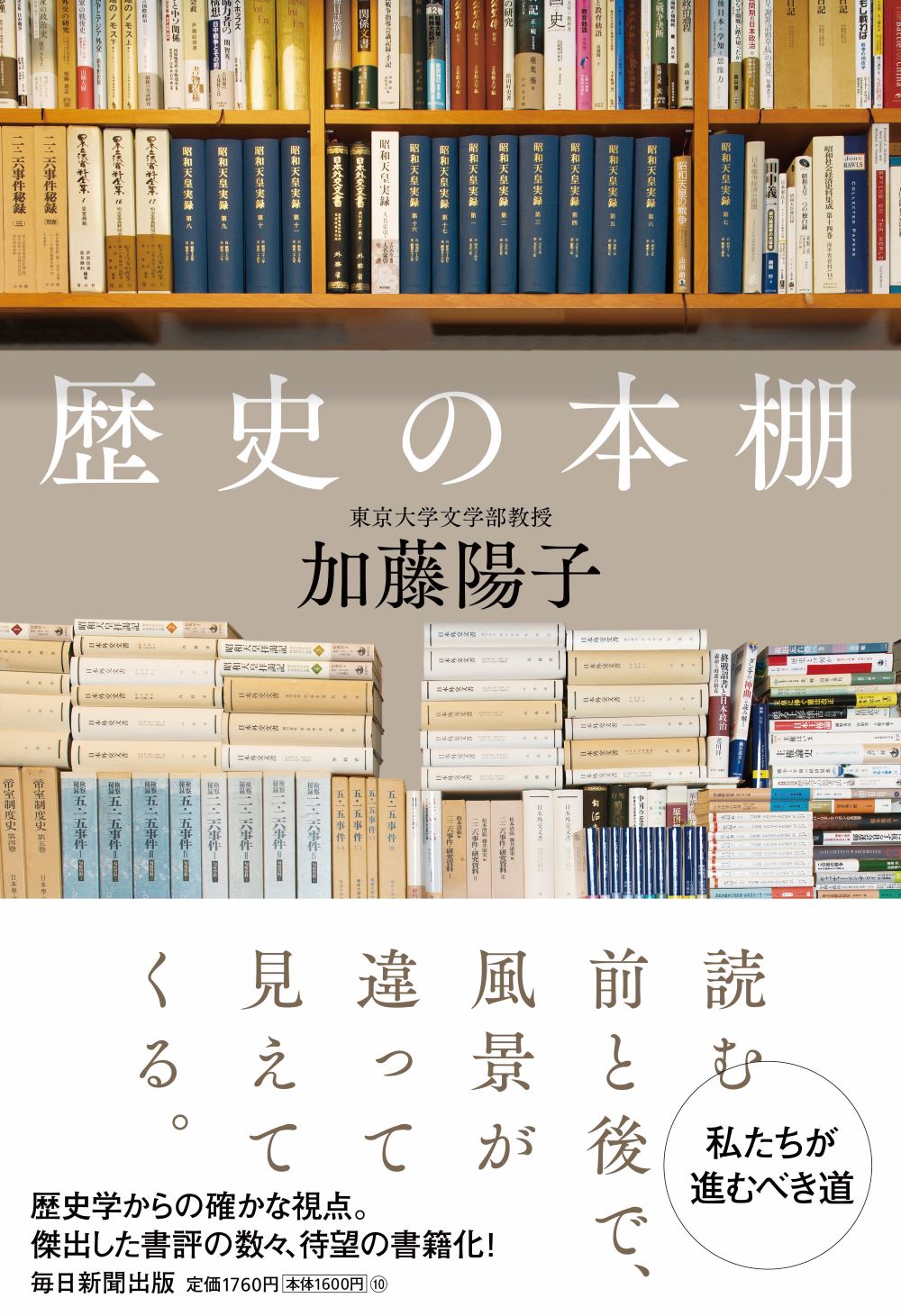
Title
Rekishi no Hondana (A Bookshelf of History)
Size
256 pages, 127x188mm
Language
Japanese
Released
August 17, 2022
ISBN
978-4-620-32749-5
Published by
Mainichi Shimbun Publishing Inc.
Book Info
See Book Availability at Library
Japanese Page
The Japanese word for “history” is 歴史 (rekishi). In the cultural sphere where Chinese characters are used, the character 歴 (reki) can refer to the accumulation of successful military campaigns and often symbolizes power and violence. The second character 史 (shi) refers to the person or persons who record rites and matters of governance or politics. Kazuhiko Kondo, a noted specialist in early modern and contemporary British history who published in 2022 a new Japanese translation of What is World History? by E.H. Carr, says that the English word “history” has two slightly different meanings, referring to (1) narratives, representations, and research regarding events and phenomena, and (2) past events and related matter. The generally accepted meaning of history as referring to past events—things that happened a long time ago—is a relatively recent usage. My area of expertise is in the Japanese military and diplomacy of the 1930s. In writing this book, I was reminded again that my research is grounded in the original meanings of history as understood in both East and West.
This book is essentially a collection of my reviews and commentaries on my recommended books that I have come across in my study of history and the writing of my own history books. This collection can be categorized into three types according to the medium in which they were published. The first category, and the one in which most of my reviews have been published, is the weekly book review column in the Mainichi Shimbun newspaper. The second category consists of 10 book reviews serialized in the now defunct monthly journal Ronza originally published by the Asahi Shimbun. The third category consists of commentaries I was asked to write on works by other researchers, longer articles on research trends, and articles introducing the writings of deceased historical novelists.
As you can see from the table of contents, this book is divided into five chapters on the topics of nation, emperor, war, history, people and culture. They cover 15 years of book reviews and commentaries written between 2007 and 2022. The oldest is a review written in July 2007 concerning Keizo, a collection of tanka poems by Shigeru Nambara, the first president of the University of Tokyo after Japan’s defeat in the Second World War, written during the war years. My focus was on his reaction to hearing the pre-recorded voice of the Emperor declaring Japan’s surrender which was broadcast on August 15, 1945.
The circumstances in which a person heard this broadcast tells us something about that person during the war and immediately after. At the time, the faculty and staff of what was then the Tokyo Imperial University were gathered in the Yasuda Auditorium to hear the broadcast. Nambara spoke of the experience in Kikigaki: Nambara Shigeru Kaikoroku (A Verbatim Account: Reminiscences of Nambara Shigeru). He notes, “That was the first time I heard the Emperor’s voice. . . . It had a certain cadence that I liked. Tears came to my eyes as I listened and thought of what he must have been feeling as he spoke.”
Keizo gives us an idea of what Nambara’s life was like during the war years. In the preface he wrote that he lived through his tanka poems. From the attempted coup d’etat of February 26, 1936, to Japan’s surrender in 1945, many of Nambara’s tanka poems are sad and bleak reflecting the isolation of a people well aware that the war was illegal and reckless, and that it would end in defeat. As you can see from my review of Nambara’s collection of tanka poems, many of my selections for this book are of works written by people who lived through the war years of modern Japan. I believe this book offers a path to learning about war that differs from what can be gleaned from historical documents and research books.
(Written by KATO Yoko, Professor, Graduate School of Humanities and Sociology / 2025)



 Find a book
Find a book


 eBook
eBook